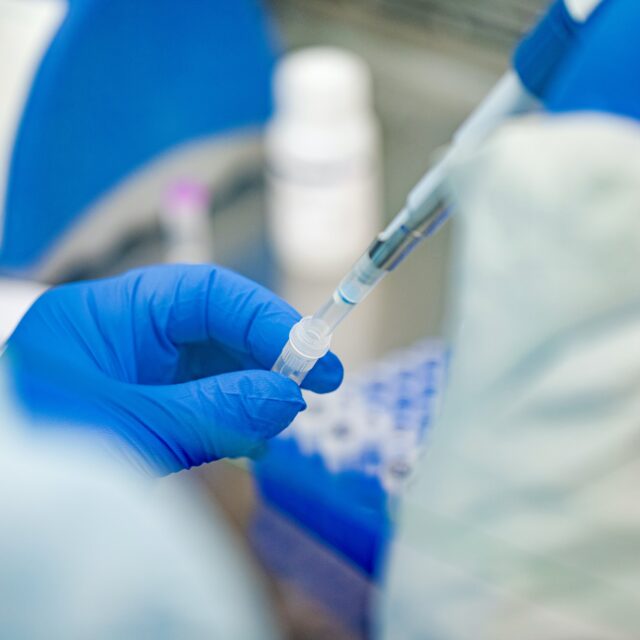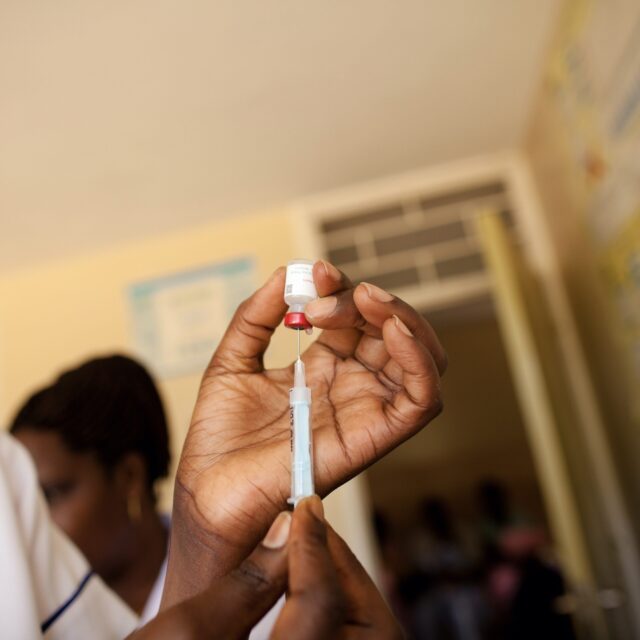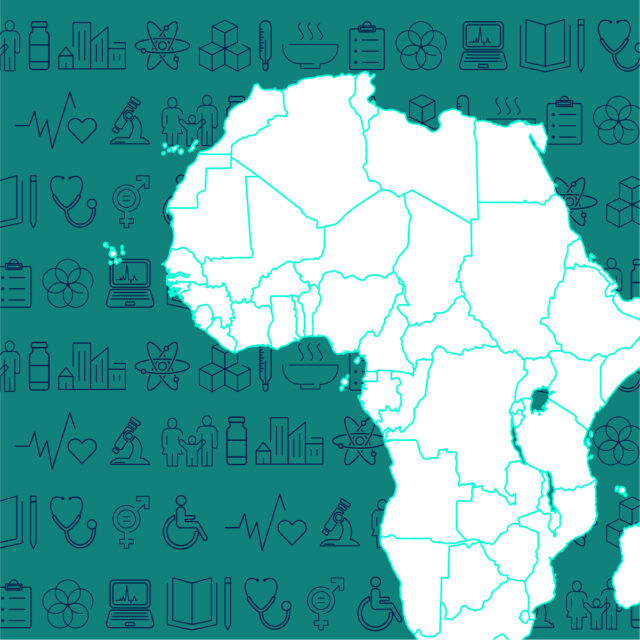While rich countries are buying and hoarding COVID-19 vaccines, African countries are facing an uphill battle to obtain vaccines. Many African leaders hoped to secure vaccines from COVAX, the vaccine distribution facility for low-income countries that aims to narrow the global vaccine inequity gap. But some of the countries that contributed vaccines to COVAX are now raiding the very facility that they pledged to support. Rich countries like the UK, Canada, Qatar, Bahrain, and Saudi Arabia have been buying vaccines from COVAX, even though they have enough doses and other means to obtain supplies.
COVAX was founded to provide all participating countries, regardless of income levels, access to approved COVID-19 vaccines. However, its initial mission has been continuously undermined by hoarding and production delays. Countries have the option to participate as either a self-financing or funded participant. Self-financing participants were guaranteed enough COVID-19 vaccine doses for a proportion of their population, depending on their buy-in to the facility. Funded participants would receive enough COVID-19 vaccine doses to vaccinate up to 20% of their population based on funding availability.
Rich countries can only purchase vaccines from COVAX when they run short of supplies. But some countries are exploiting this window to access vaccines that are intended for poorer countries. An investigative report revealed that COVAX sent 530,000 COVID-19 vaccines doses to the UK in June, which is more than double the amount sent to the whole of Africa that month. The UK claims it has the option to buy 27 million more vaccine doses through COVAX.
This means “poorer countries have landed in exactly the same predicament COVAX was supposed to avoid: dependent on the whims and politics of rich countries for donations, just as they have been so often in the past,” says the report.
Insufficient vaccine access has resulted in extremely low vaccination rates in low-income countries. But without global vaccination, no one is completely safe from the risk of infection – not even those living in almost fully vaccinated countries. “By buying more vaccines, rich countries are undermining COVAX and prolonging the pandemic,” commented WHO Director-General Tedros Adhanom Ghebreyesus. Strive Masiyiwa, the African Union’s envoy for vaccination acquisition, compared the situation to a famine: “the richest guys grab the baker.”
Ninety-two countries, more than half of which are in Africa, qualify for free vaccines from COVAX. By the end of August, COVAX had delivered only 230 million doses globally, which falls way short of the 1.5 billion shots it promised by the end of 2021. Only 130 million COVID-19 vaccines have been delivered to African countries and only 2.5% of the continent’s 1.2 billion have been fully vaccinated. The WHO says that Africa needs 183 million doses to fully vaccinate 10% of its population by the end of September.
Globally, more than 5 billion doses have been administered, equal to 67 doses for every 100 people. But the distribution has been extremely unequal: only 1.8% of people in low-income countries have received at least one dose of the vaccine, compared to 70% in the UK, 61% in the US, and 79% in Qatar.
Enter China
Many African countries are now looking to purchase vaccines from China. In February, China pledged to provide its Sinovac and Sinopharm vaccines to 19 African countries. Since then 41 African countries have received 56 million vaccines from China, which amounts to slightly more than half of the vaccines delivered to Africa by COVAX. Most of these vaccines have gone to Morocco, Algeria, Tunisia, Egypt, Mozambique, and Zimbabwe, according to Bridge, a Beijing-based consultancy firm that tracks China’s COVID-19 vaccines.
WHO recently announced plans to ship 100 million doses of the Sinopharm and Sinovac vaccines, mostly to Africa and Asia. Nigeria is set to receive 8 million shots of the Sinopharm vaccine. Although there have been concerns about the efficacy of Chinese-made COVID-19 vaccines, other African countries, including Kenya, Rwanda, and Somalia, have shown interest in receiving them in a bid to increase their vaccination rates.
Globally, China has sold slightly more than 1 billion vaccine doses globally and donated 52 million. Of these, 693 million doses have been delivered, the majority to the Asia-Pacific and Latin America regions. If this trend continues, China may become the leading supplier of COVID-19 vaccines to low- and middle-income countries in the near future.
China has also pledged to waive intellectual property rights on its vaccines and to transfer COVID-19 vaccine production technology to other countries. Many African countries have been arguing that patents and large drug companies’ reluctance to transfer technology are hindering their ability to be self-sufficient in COVID-19 vaccines.
Stay informed
For more on the health, economic, and social impacts of COVID-19 in Africa, check out ONE’s Africa COVID-19 Tracker. It pulls together the latest real-time data from global institutions, governments, and universities about the impacts of the pandemic for the continent and for every African country – including information on food security. For more insights and analysis, sign up for our Aftershocks newsletter and follow us @ONEAftershocks.
Rasna Warah is a Kenyan writer and journalist who is working with the ONE Campaign’s COVID-19 Aftershocks project.



